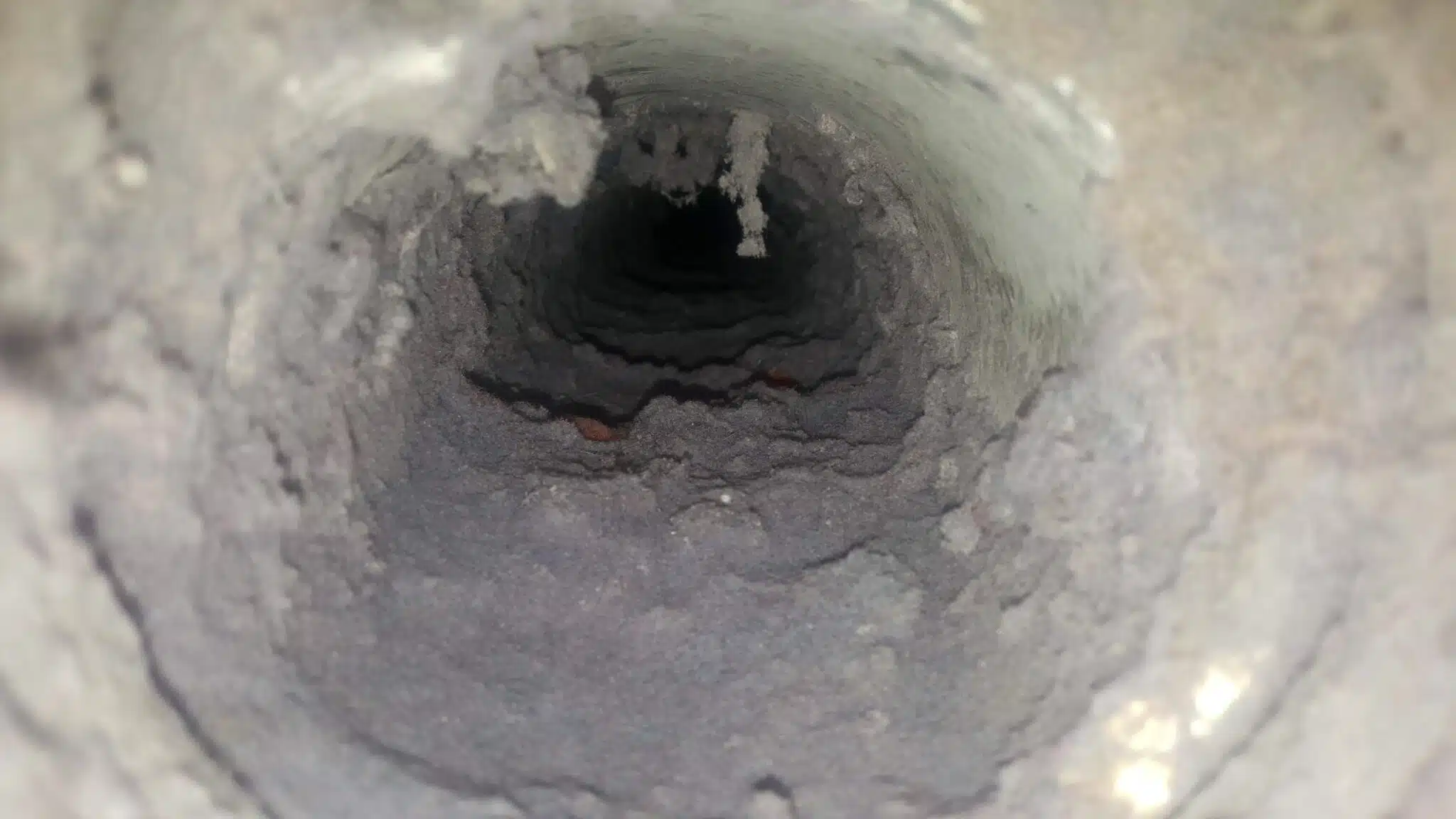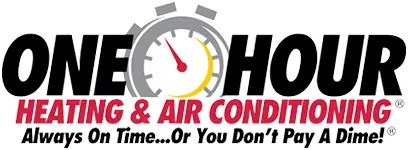The buildup of dust in your system is not just a minor inconvenience, it’s a significant hazard. This accumulation can escalate HVAC fire risk, a danger that many homeowners overlook. Ensuring your system is clean and free from debris is crucial for safety and efficiency.
In areas like York, PA, and Harrisburg, PA, where temperatures can vary widely, HVAC systems work overtime. This constant operation can lead to faster accumulation of dust and debris, restricting airflow and putting additional stress on your system. When airflow is hindered, components within your HVAC system can overheat, elevating the risk of fire. Regular maintenance is key to preventing these risks.
Dirty filters and vents are often the culprits behind increased HVAC fire risk. These components are essential for trapping dust, but when they’re neglected, they can become a fire hazard themselves. It’s a reminder of the importance of seasonal maintenance, especially as we approach the colder months when HVAC systems are in high demand.
Ignoring the signs of a dusty HVAC system can lead to dire consequences. Not only does it pose a fire risk, but it also diminishes the efficiency and lifespan of your system. Residents of Lancaster, York, and Harrisburg can mitigate these risks by adhering to a regular maintenance schedule, ensuring their homes remain safe and their systems operate smoothly throughout the year.

The Link Between Dust Buildup and Increased HVAC Fire Risk
Understanding how dust buildup increases HVAC fire risk is crucial for homeowners. When dust accumulates, it does more than just dirty your home. It also clogs the air pathways within your HVAC system, forcing it to work harder. This extra effort can cause components to overheat, creating a prime environment for fires if sparks occur.
Regular cleaning and maintenance are your best defenses against this risk. Filters and vents, when neglected, not only compromise your air quality but also elevate the danger. By keeping these areas clean, you ensure that your system runs efficiently. This simple step can significantly reduce the risk of fire in your home.
Seasonal changes, especially in cities like York and Harrisburg, where the demand for HVAC systems increases during colder months, highlight the importance of this maintenance. A system running without proper airflow can quickly become a hazard. As the system strains to circulate air, the risk of overheating and potential fires escalates, making maintenance not just a matter of efficiency but of safety.
Lastly, it’s essential for homeowners to recognize the signs of a system struggling due to dust buildup. Unusual noises, reduced airflow, and frequent system cycles are indicators. Addressing these signs promptly can prevent not only potential fires but also extend the lifespan of your HVAC system, ensuring it keeps your home comfortable and safe throughout the year.
Understanding the Components Most Vulnerable to Dust
To grasp the full scope of HVAC fire risk, it’s vital to understand which components are most susceptible to dust accumulation. The blower fan, for instance, plays a pivotal role in circulating air throughout your home. When dust gathers on its blades, it can strain the motor, leading to overheating. This not only increases the risk of fire but also hampers the system’s efficiency.
Similarly, the heat exchanger, a core component of your HVAC system, is at risk. Dust and debris can insulate this part, causing it to retain more heat than it’s designed to handle. In cities like York, PA, where heaters often work tirelessly through the cold, this can be particularly problematic. Regular inspections can prevent such issues, ensuring the safety and longevity of your system.
Electrical connections within your HVAC also demand attention. Loose or dirty connections are more than just a technical nuisance, they can spark, igniting accumulated dust or debris. This scenario is especially dangerous in areas like Harrisburg, PA, where HVAC systems frequently switch between heating and cooling, causing more wear on these connections.
Lastly, the air filter, often the first line of defense against dust, can become a major vulnerability if not regularly replaced. A clogged filter not only restricts airflow but also forces the system to work harder, elevating the temperature of internal components. Recognizing and addressing these vulnerabilities is key to mitigating HVAC fire risk, ensuring your system operates safely and efficiently year-round.
Seasonal Changes and Their Impact on HVAC Fire Risk
As seasons shift, the risk of HVAC fires due to dust buildup becomes more pronounced, particularly in the colder months. In York, PA, the drop in temperature means HVAC systems are running more frequently, increasing the likelihood of dust accumulation. This seasonal change requires homeowners to be vigilant about their HVAC maintenance. Ensuring systems are clean and free from dust buildup is essential for safety and efficiency.
During the fall and winter, HVAC systems in Harrisburg, PA, work overtime to keep homes warm. This extended use can lead to quicker dust accumulation, which in turn heightens the HVAC fire risk. Homeowners should pay extra attention to their systems during these seasons. Regular checks and maintenance can prevent potential fire hazards and keep the system running smoothly.
The increased demand on HVAC systems during colder seasons does not just elevate the risk of fire, it also puts additional strain on the system. This strain can lead to premature wear and tear, making it even more crucial to adhere to a regular maintenance schedule. By doing so, homeowners can extend the lifespan of their HVAC system, ensuring it remains efficient and safe.
Finally, the transition into colder weather serves as a reminder of the importance of preparing your HVAC system for increased use. This preparation includes cleaning or replacing filters, checking for dust in vents, and scheduling professional maintenance. Such proactive steps can significantly reduce the HVAC fire risk, providing peace of mind as the temperature drops.
Preventative Measures to Reduce HVAC Fire Risk
To minimize the HVAC fire risk in your home, taking preventative measures is key. Regularly replacing air filters is one simple yet effective step. This not only ensures clean air circulation but also prevents the system from working too hard, which can lead to overheating. By keeping filters fresh, homeowners in Lancaster, PA, can significantly lower the chances of fire hazards.
Another crucial action is to schedule professional HVAC inspections. These checks can uncover potential risks, such as blocked vents or faulty wiring, that might not be visible to the untrained eye. Experts can clean and service the system, ensuring it’s in top condition. Residents in York, PA, benefit greatly from such maintenance, especially before the heavy usage seasons of fall and winter.
Homeowners should also make a habit of cleaning around vents and keeping the area free from dust and debris. This practice not only improves air quality but also reduces strain on the HVAC system. In Harrisburg, PA, where systems frequently switch modes, maintaining clear vents is essential for preventing overheating and subsequent fire risks.
Lastly, being attentive to the system’s performance can catch issues early. If you notice unusual sounds or a decrease in heating efficiency, it’s time to call a professional. Addressing problems promptly can prevent more serious issues, including fires. By adopting these preventative measures, homeowners can ensure their HVAC system remains a source of comfort, not a risk.
The Role of Professional Maintenance in Mitigating Risks
Professional maintenance plays a crucial role in reducing the HVAC fire risk in your home. Experts possess the tools and knowledge to thoroughly inspect and clean your system, reaching areas often missed during routine homeowner maintenance. In York, PA, where seasonal demands on HVAC systems fluctuate significantly, a professional’s touch can make all the difference in safety and efficiency. Their ability to identify and rectify potential hazards keeps your system running smoothly, mitigating the risk of overheating and fires.
Scheduling regular professional check-ups ensures your HVAC system is not only clean but also operating at its best. Technicians can spot early signs of wear and tear or electrical issues that could pose a fire risk if left unaddressed. For residents in Harrisburg, PA, where the weather can test the limits of any HVAC system, these inspections are indispensable. They ensure that every component, from filters to fans, functions properly, preventing dust buildup and overheating.
Beyond cleaning and inspections, professionals also provide valuable advice on maintaining your system between visits. They can recommend the best filters, suggest optimal settings, and advise on keeping your vents clear of obstructions. This guidance is crucial for homeowners to maintain a safe and efficient HVAC system, reducing the chance of fire hazards. By following expert advice, you can extend the lifespan of your system and keep your home safe from potential fires.
Ultimately, the role of professional maintenance in mitigating HVAC fire risks cannot be overstated. Through comprehensive inspections, cleaning, and tailored advice, experts provide a level of care and prevention that is difficult to achieve on your own. Regular professional maintenance not only keeps your system running without a hitch but also gives you peace of mind, knowing your home is safer from the threat of HVAC-related fires.
Common Signs of Excessive Dust in Your HVAC System
Recognizing the signs of excessive dust in your HVAC system is crucial for preventing an increased HVAC fire risk. One clear indicator is reduced airflow from your vents, signaling that dust may be obstructing the system’s pathways. In York, PA, where weather conditions can lead to heavy reliance on HVAC systems, noticing such changes early can be pivotal. Addressing these issues promptly ensures your system operates efficiently and safely.
Another sign to watch for is an unusual increase in your energy bills. When dust accumulates, your HVAC system has to work harder to maintain the desired temperature, consuming more energy. Residents of Harrisburg, PA, might observe this during seasonal transitions when HVAC use spikes. Keeping an eye on monthly bills can help you catch and address dust buildup before it escalates into a fire hazard.
Frequent or unusual noises coming from your HVAC system can also indicate a problem. These sounds may be the result of dust and debris causing strain on the system’s components. Such issues not only pose a risk to your system’s efficiency but also elevate the HVAC fire risk. Regular maintenance can help identify and resolve these noises, ensuring your system runs smoothly.
Lastly, an uneven heating or cooling experience in your home suggests that dust may be affecting your HVAC system’s performance. If certain rooms are significantly warmer or cooler than others, it’s worth investigating. This imbalance can strain your system, increasing the risk of overheating and, subsequently, fire risk. Regular checks and cleaning can prevent these issues, keeping your home comfortable and safe.
The Cost of Neglect: When HVAC Maintenance Is Overlooked
Neglecting HVAC maintenance can quickly escalate the risk of fire in your home. When systems run unchecked, dust and debris accumulate, obstructing airflow and straining the system. This added stress can lead to overheating, a prime condition for fires. Regular check-ups can prevent such hazards, ensuring your system operates safely and efficiently.
In York, PA, the changing seasons put additional demands on HVAC systems, highlighting the importance of maintenance. Without it, the likelihood of dust buildup and overheating increases, elevating the HVAC fire risk. Addressing these needs through professional servicing can keep your system in optimal condition, safeguarding against potential fire hazards.
Residents of Harrisburg, PA, also face challenges as fluctuating temperatures demand more from their HVAC systems. Failing to maintain these systems can lead to reduced efficiency and increased fire risk. Regular cleaning and servicing are essential steps in preventing dust accumulation that can ignite under the right conditions.
Ultimately, the consequences of overlooking HVAC maintenance are too significant to ignore. Ensuring your system is clean and functioning correctly is not just about efficiency, it’s a critical safety measure. By prioritizing regular maintenance, homeowners can significantly reduce their HVAC fire risk, protecting their homes and loved ones.

Frequently Asked Questions
What causes HVAC fire risk to increase?
Dust buildup inside your HVAC system is a major factor that raises the risk of fire. When dust accumulates, it restricts airflow and causes components to overheat. This can lead to sparks that might ignite the dust. Regular maintenance is crucial to prevent such hazards, especially during the colder months when systems work harder.
How does dust buildup affect HVAC systems?
Dust buildup in HVAC systems leads to several issues, including reduced efficiency. This accumulation forces the system to work harder, straining components and increasing energy use. Over time, the extra strain can cause parts to overheat, raising the HVAC fire risk. Regular cleaning and maintenance are essential to keep the system running smoothly and safely.
Can regular maintenance reduce HVAC fire risk?
Yes, regular maintenance greatly lowers the HVAC fire risk. By cleaning filters and vents, it prevents dust from accumulating. This keeps airflow smooth and stops components from overheating. Seasonal check-ups ensure your system runs safely and efficiently, avoiding potential fire hazards.
What are signs of high HVAC fire risk?
Recognizing signs of high HVAC fire risk is essential for safety. Frequent system shutdowns may indicate overheating, a serious red flag. A burning smell from vents suggests electrical issues or dust ignition. Excessive dust around vents and filters also points to potential hazards. Lastly, strange noises from your system could mean parts are failing, increasing the risk.
How often should HVAC systems be cleaned?
To minimize HVAC fire risk, cleaning your system at least once a year is recommended. This routine ensures dust and debris don’t accumulate, keeping airflow smooth and components cool. Ideally, a professional check-up should occur before heavy usage seasons, like summer and winter. Staying on top of these cleanings helps prevent fire hazards and maintains system efficiency.





